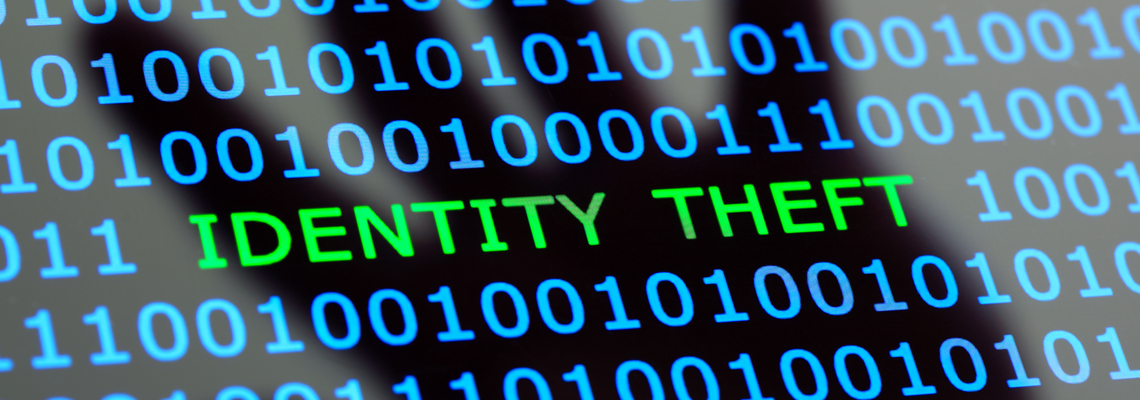Equifax’s major security breach in September of last year caused irreputable harm to millions of consumer’s personal information. With information accessed including names, social security numbers, birth dates, addresses, and (in some cases) driver’s license and credit card numbers, a large number of Americans are still vulnerable to identity theft even now. As most consumers have long forgotten about the Equifax hack, data criminals might find that one year later is the perfect time to wreak some havoc.
Contrary to popular belief, not all data criminals immediately use the personal information they’ve stolen. With a data breach on this scale (roughly 145 million consumers), it’s likely that victims won’t even be affected until years later. After all, it’s not like the consumer’s stolen name and social security number is going to expire. Criminals can choose to strike at any time.
What Can I Do?
If you believe you were one of the few affected, there’s a couple of things you can do still.
- Credit Freezes
Freezing your credit allows you to restrict outside access to your credit report, and will stop a consumer reporting agency from releasing your credit report without consent. Banks and lenders rely on your credit report to insure you’re a minimal credit risk, so if they can’t access your report, it makes it very difficult for identity thieves to open up a bank account or credit card in your name.
Credit freezes will not affect your credit score, and many states passed legislation after the Equifax hack to make it free to freeze/de-freeze. Be mindful though, that if you need to apply for a new account or for a new apartment, you’ll need to call each of the three credit bureaus to temporarily lift the freeze.
Quick Tip: If you need to temporarily lift the freeze, find out what credit bureau your employer, bank, or landlord is pulling from to save yourself some time. Click the links to learn how to unfreeze your credit reports with each bureau: Experian, TransUnion, Equifax.
- Credit Monitoring
Credit monitoring allows you to periodically review your credit report (from the three bureaus) for accuracy and changes that could indicate that your identity has been stolen. Think of it as a identity theft report card; if there’s any suspicious activity on your accounts (or if an account has been opened in your name) the monitoring service will notify you.
Credit monitoring is a great option for the long term, as it saves you the time and energy of constantly checking your accounts and credit score. Plus, these services are made up of professionals and will have the tools to check accounts in your name you might not be aware of. The only downside is that credit monitoring typically costs monthly, and the cost tends to range from $15/mo. and upward.
Quick Tip: In addition to these two methods, remember to take advantage of your free annual credit report.
Even if you haven’t been directly impacted by the Equifax Data Breach, that doesn’t mean you or someone you know won’t become a victim to identity theft in the future. Take these precautionary steps and you’ll save yourself from a huge headache in the long run.
Have you ever had your identity stolen? How has it affected you today?
Let us know in the comment section below.







